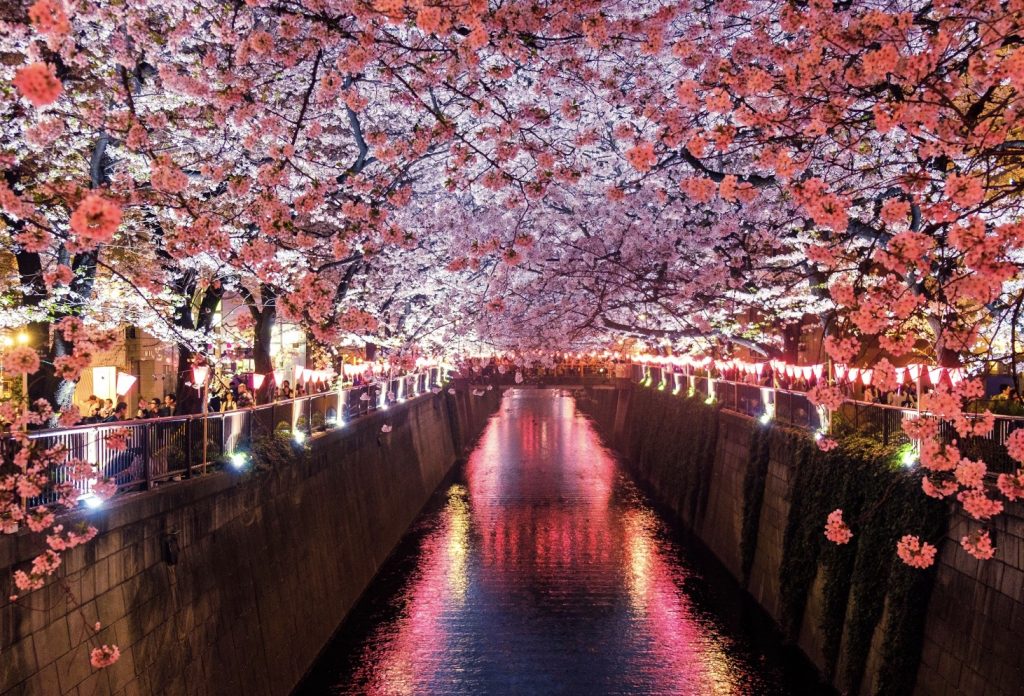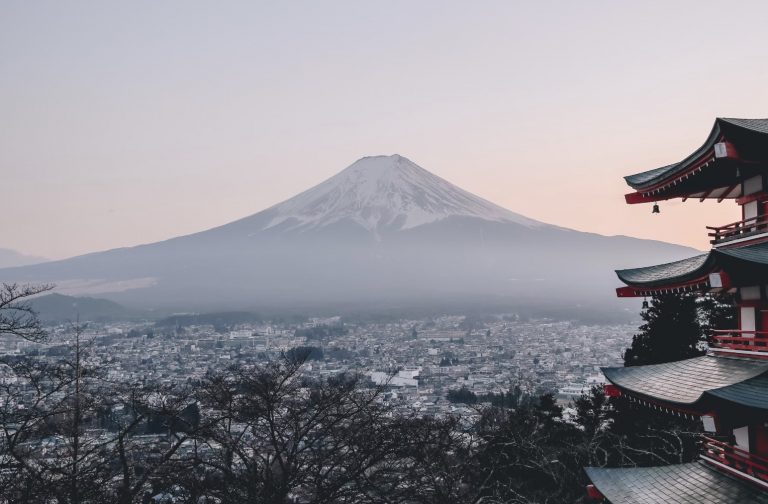Are you visiting Japan for the first time, or are you eager to plan a trip? The social etiquette of the country can take some people by surprise. Eerily silent subways, despite being full of people, and certain rules on how to behave in public can catch new visitors off-guard. Yet this is what gives the country its unique appeal, and you can often find it ingrained in traditions and pastimes. Below, we explore three social traditions you may encounter when visiting Japan.
Onsen
Onsen is the name given to a traditional hot spring found in Japan. It also describes the inns and guesthouses that provide spa services, often built around them. You can find both indoor and outdoor onsen baths in Japan, and it is estimated that there are around 3000 in operation. Bathing is split by male and female areas, and mixed bathing is banned entirely unless visiting less traditional waterpark-style venues.
There are some strict social rules you must understand before entering an onsen. Firstly, bathing suits are prohibited, so you must enter naked. You must also wash before going in, removing all traces of dirt and soap. Finally, some baths will not allow access to anyone with tattoos. This is due to their affiliation with organized crime in the past. However, this is slowly changing, so check before you visit.
Pachinko
Pachinko is a uniquely Japanese game, often found in designated Pachinko parlors. Patrons will purchase a batch of balls, which they then feed into an upright machine akin to a pinball machine. As the balls fall, they hit platforms and bumpers and eventually fall into different sections at the bottom. These can cause the player to win more balls, which can then be exchanged for a token in the parlor. The player must then take these off the premises to a vendor, who will buy the tokens for cash from them. Essentially, envision a hybrid of slots and pinballs.
This convoluted method of exchanging tokens is due to the strict gambling laws in Japan. However, this method of winning tokens and exchanging them for prizes is an extremely innovative one that is gaining popularity worldwide. Sweepstakes casinos offer a similar model, providing free casino games that let players win cash tokens that can be exchanged for prizes.
Tea Ceremony

The tea ceremony is akin to an art form in Japan. In the 1500s, a man named Sen no Rikyu released his writing on the “Way of Tea” which became a vital cultural blueprint for the country. It redefined how green tea should be drank. This included everything from how the tea should be prepared and poured to the premises it should be served in. Taking elements of Zen Buddhism and Shinto, it led to the forming of tea ceremony schools.
Suffice it to say, it is treated with the utmost importance in Japanese culture. Many people now do this as a hobby, but there are plenty of places tourists can experience it. You will get to sit on a tatami floor in a traditional Japanese building, relaxing while refreshing tea is served.
Japan is a beautiful country, steeped in history and culture. Plan your trip carefully and book in advance to avoid disappointment. You are sure to experience the trip of a lifetime.


0 Comments